-
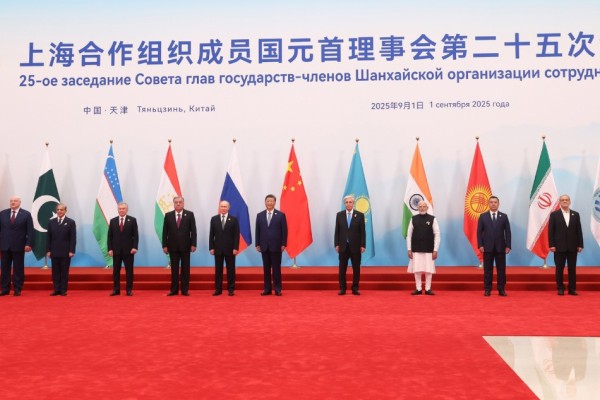
Canada needs diplomacy to reach out to growing economies
Canada faces a critical choice in foreign policy: continue following Europe and the US in militarization, or pursue diplomacy with growing global powers. Yakov M. Rabkin argues that Canada should diversify economic and political ties toward nations like China, India, and Russia, prioritizing dialogue over containment, while safeguarding social programs and democratic debate at home.
-
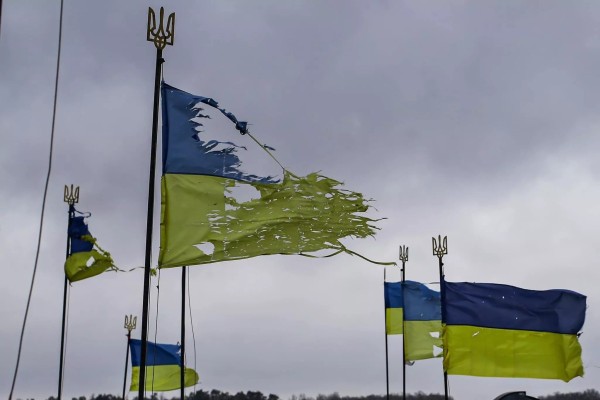
Why the Trump-Putin summit is unlikely to ‘ripen’ peace in Ukraine
The Trump-Putin summit in Alaska isn’t expected to bring peace to Ukraine, writes Paul Robinson. Russia feels it’s winning, Ukraine refuses to give up land, and US weapons support is winding down. With no clear plan either side can agree on, the gap remains wide, so while the talks may open dialogue, a real breakthrough looks unlikely.
-
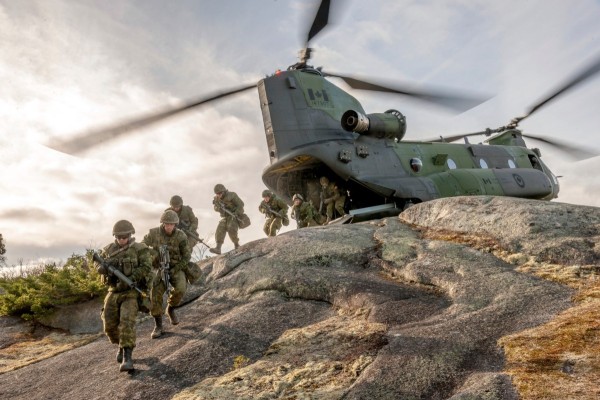
Military spending groupthink and Canada’s left
The vast majority of Western politicians have boxed themselves into too much of a corner after having demonized Russia to such an extent to really raise serious questions about the need for increased defence expenditure and to question any benefits it might bring. At a certain point, politically, there isn’t any going back without a colossal loss of face.
-
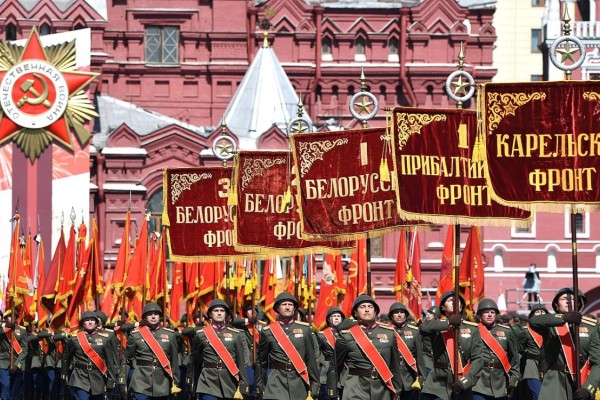
The use and abuse of Russia’s ‘Great Patriotic War’
The fact that the Russian state has instrumentalized Victory Day for its own political purposes, including justifying the war in Ukraine, begs an important question—why does this seem to be working? If the parallels the Kremlin draws between the Great Patriotic War and current events prove convincing to people, there must be a reason.
-
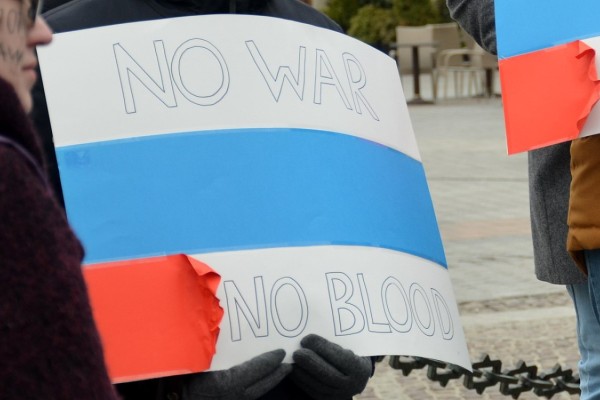
Hope and despair in Russia’s anti-war movement
The two-day congress of the Platforma network in Brussels brought together hundreds of anti-war activists, some of whom are still active in Russia. On stage hung the theme of the gathering: “Standing Together for Ukraine and for Freedom.” Around 300 people gathered under it, including Russian activists, Ukrainian human rights campaigners, and delegates from the EU and beyond.
-
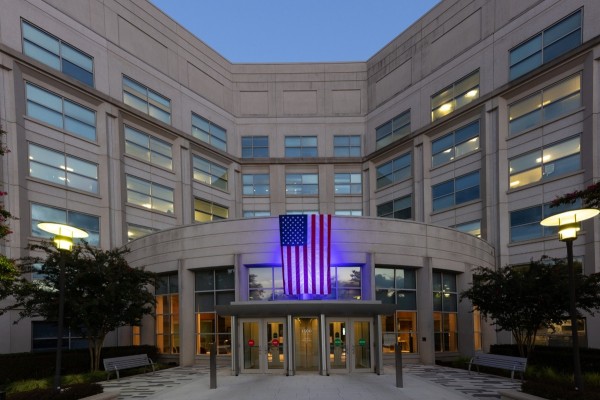
America’s surprising annual threat assessment
From economic war on long-time trading partners and allies, like Canada, to the threat of war or the support of war against adversaries, like Iran and Russia, the American public is misleadingly being told something very different by their government than their government is being told by its intelligence community.
-
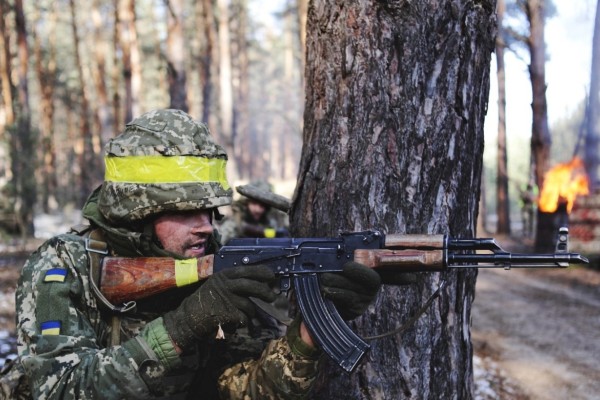
Can Trump’s Ukraine peace plan succeed?
By now renewing aid to Ukraine, it has thrown away its leverage for the smallest of concessions rather than trying to extract something more meaningful. The Americans may now find that they have locked themselves into supporting a proposal that it is thoroughly one-sided and incapable of producing the result they want, namely an end to the war.
-
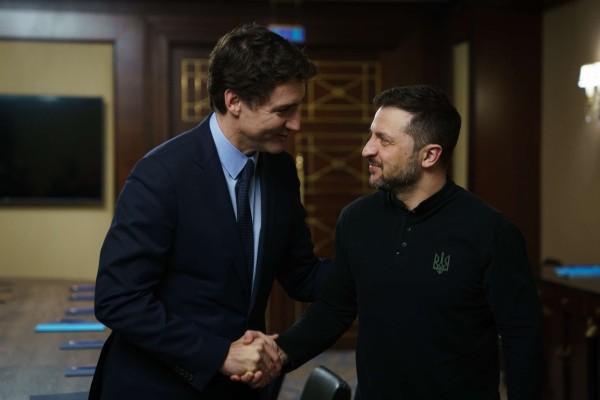
Trudeau’s parting gift to Ukraine is a mistake
The confiscation of Russian funds in not only legally dubious, it is risky for Canada. The freezing of Russian assets at the start of the war demonstrated just how quickly finances could be weaponized. If countries can be coerced by having assets they have invested in other countries frozen, then, perhaps, they shouldn’t invest their assets in those countries.
-

Inching closer to an uneasy peace in Ukraine
The Trump peace plan goes some way towards squaring the circle by providing some guarantees to both sides, albeit far fewer than both would like. As such it is a reasonable compromise and a good starting point for further talks. There will be some hard diplomatic work ahead, but at least the long process of negotiation is finally about to start.
-

The foreign interference report’s great anticlimax
The conclusion that one can draw from this is that by helping discredit Canadian institutions, the false accusations and exaggerated claims that have been made about foreign interference appear to have done far more damage than the actual interference itself, whose impact was “limited,” “marginal” and “largely ineffective,” according to the Hogue report.



